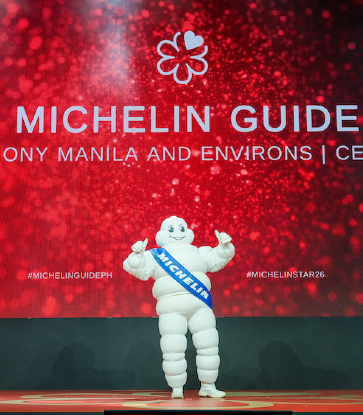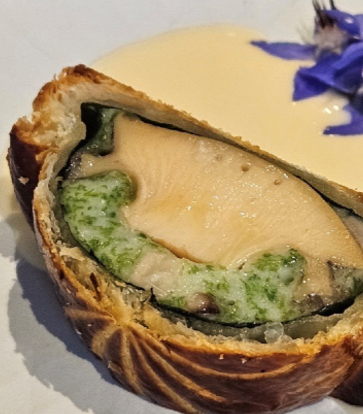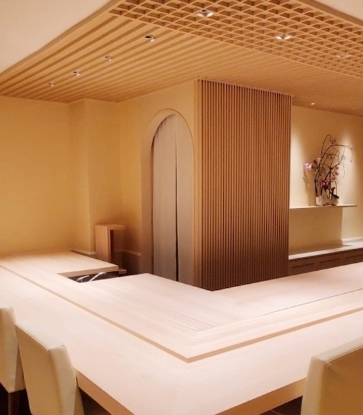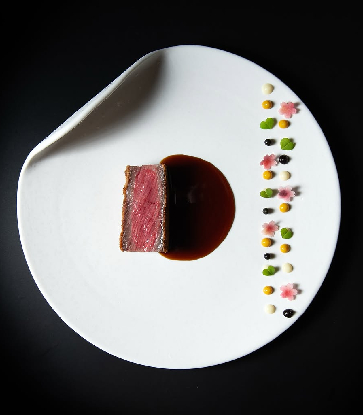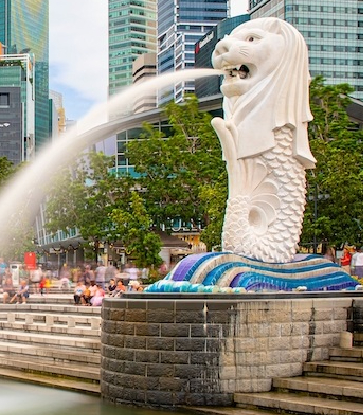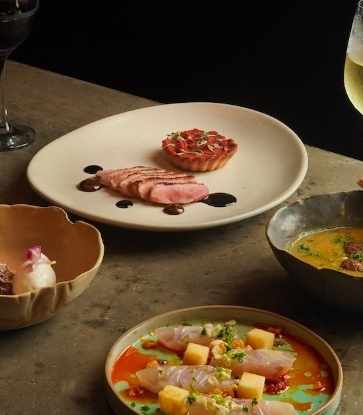How did you become a MICHELIN Guide Inspector?
Like all my colleagues, I started my career in the restaurant and hotel industry, more specifically, in the restaurant and service profession. Having worked in a number of MICHELIN-Starred restaurants, I was, of course, interested in the MICHELIN Guide. And, very soon, I realised I wanted to switch over to the other side of proceedings! I sent off an unsolicited application and, after going through the recruitment process, joined the Guide at the age of 30.
Was working for the MICHELIN Guide as an Inspector a great ambition for you, a childhood dream?
Ever since my early years training in a Two-Star restaurant, I had it in mind that I would like to be an Inspector one day. The MICHELIN Guide was absolutely legendary for me. And since the Guide had become very international when I was still a student, I knew that this job could satisfy both my my consuming passion for cooking and my thirst for travel. It seemed like a very exciting prospect to have not only the US, but also several countries worldwide as my professional playground.
Is it true that you only eat in MICHELIN-Starred restaurants?
At the risk of disappointing you, that's not the case at all. There are thirteen 3-Star restaurants in the US, and we don't spend our days trying only these. We dine in all types of establishments, from village inns to the restaurants of the finest hotels, looking for the best places across all price ranges and cuisine types. There are great surprises to be had everywhere, even in the more modest restaurants. I must admit, I enjoy trying out new places every day and re-evaluating the restaurants that are already in the selection.
What is a typical day for an Inspector?
It consists of two meal assessments — one lunch and one dinner — which are always written up in a report. We also do a lot of research on-site, because our work also includes actively keeping an eye on the culinary scene and thoroughly exploring the market. Finally, when we are in the office, we have conversations with the other inspectors and the editorial teams to debrief on our weeks of touring, and we prepare our future trips. Personally, I use social networks a lot to track down new locations and plan my tour.
“Finding the right restaurant at the right time is what makes this job so exciting.”
Isn't it a lonely job?
It's true that the weeks on tour are often lonely. When I'm on the road in the US or abroad, I'm alone in my car. When I head to a restaurant, I am generally alone. But sometimes, for certain places, Inspectors meet up to eat together and compare notes. And although each Inspector mostly operates alone, he or she is never isolated! All the selections that make up the Guide are the result of collective decisions, so there is a great deal of collaboration in our work. Our individual expertise is pooled in the interests of a collective production.
What do you like best about your job?
Being an Inspector means being in contact with the restaurant and hotel industry on a daily basis, which is what I was passionate about before joining the MICHELIN Guide. I also love to travel, which allows me to thrive on a daily basis without feeling bogged down by routine. I appreciate the deeply human side of our profession: we seek out the talents of women and men who are artisans and passionate about what they do. There is no greater joy for an Inspector than to find the right restaurant at the right time — that's what makes this mission so exciting!
Finally, and this is essential, I always have so much fun over a meal! I am aware of how lucky I am to be able to taste dishes in the most diverse range of restaurants. And although this job requires some family and personal sacrifices, it allows me to combine my experience in the restaurant and hotel business, my thirst for new things and the joy of eating good food.
Do you bring back souvenirs from your tours?
Of course! I always say that the boot of my car is like a second fridge and pantry. I like to bring back produce that reflects the areas I visit. Meeting a small-scale artisan, a winemaker, a confectioner or a cheesemaker; these are all opportunities to purchase — and pack my car with — gourmet souvenirs.





